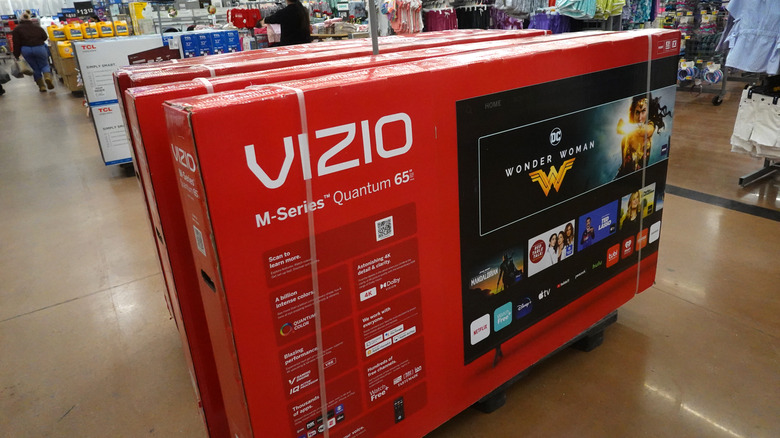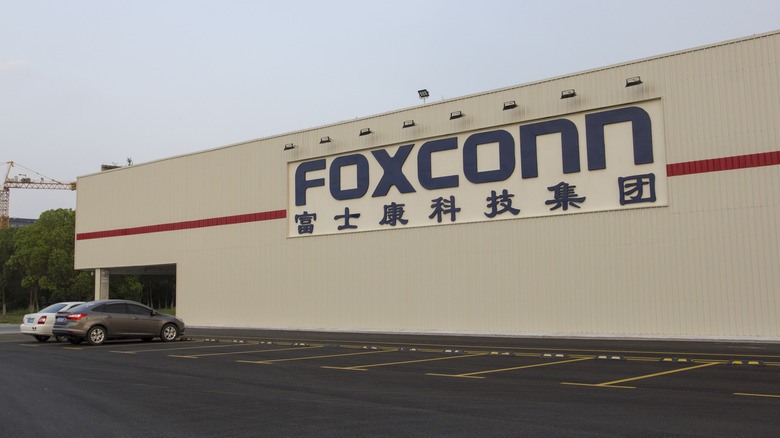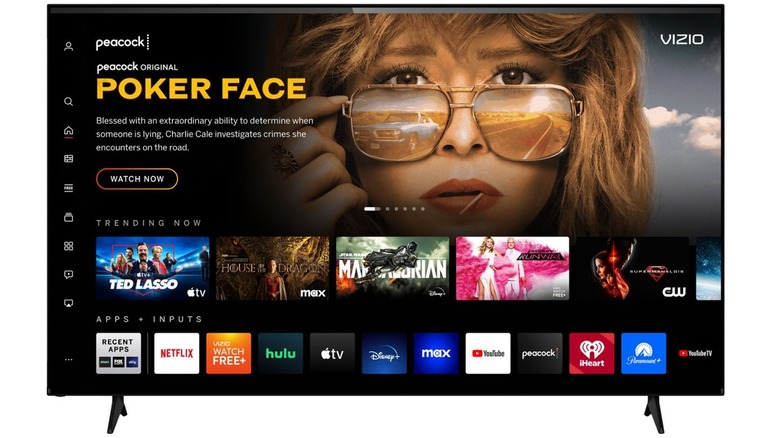Who Makes Vizio TVs? And How Good Are They Really?
We may receive a commission on purchases made from links.
After entering the market in 2002, just as HDTV adoption was ramping up, Vizio made its mark as a bit of a disruptor. Within a decade, the company was shipping well over a million TVs per quarter, thanks in large part to hitting a sweet spot between price and picture quality that other companies were having trouble reaching. Vizio was able to accomplish this thanks in large part to not actually manufacturing any of the TVs itself, instead outsourcing the actual manufacturing the same way that Apple does by having Foxconn handle much of its factory work.
"The company instead has a similar strategy to Apple," explained IHS iSuppli analyst Tom Morrod in a 2012 Fortune profile of Vizio. "They don't own their own manufacturing, they don't own the suppliers. This has been a very successful strategy for Apple and it could be very successful with Vizio."
At the time, four firms manufactured products for Vizio. Having said that, the current marketplace is very different from the one that Vizio disrupted now 21 years ago. TV prices are much lower in general, to the point that it's possible to get decent quality 75" TVs for well under $1,000, and one of the reasons for that is panel manufacturers like TCL and Hisense producing very competitive, value-priced TVs of their own. With that in mind, who is it that actually makes Vizio TVs these days, and how well do those TVs stack up to the competition?
Who exactly manufactures TVs for Vizio?
According to a Feb. 2023 Zeebox article, there are now eight different companies that Vizio outsources its TV manufacturing to: AmTran Technology, Foxconn, BOE, Innolux, KIE, Tonly, TPV, and Zylux. Just two account for more than 60% of Vizio's manufacturing load, however.
"Each of the manufacturers we work with does something well, and we do have manufacturers that do specific products like sets in one screen size very well," then-Vizio chief technology officer Matt McRae said 2012 Fortune article. "When we are building a specific TV we try to pick the best components and look for who would be the best match to manufacture the product."
Vizio and Foxconn are so intertwined that Foxconn and its subsidiaries bought about 7.24% of Vizio stock in 2018. Vizio was also at the center of Foxconn's plans to expand into the U.S. with a facility in Wisconsin, but that project was effectively canceled in 2021.
"We're like outsourcing on steroids, right," Vizio co-founder Ken Lowe told NPR in 2009. "It's myself here and a few other engineers. That's it for Vizio." As a result of more inexpensive outsourced labor, however, Vizio has also come under fire for not having any official policies on worker treatment for its suppliers to follow.
Just how good are modern Vizio TVs, though?
With the rise of other bang-for-your-buck brands in recent years, Vizio doesn't necessarily carry the same brand equity it did in years past when it came to the best picture quality in lower- to mid-priced TVs. It also doesn't help that the brand eventually developed a reputation for telling customers that their TVs couldn't be repaired and that, more recently, in 2019, Consumer Reports stripped its recommendation from the brand. More specifically, based on projections from reader surveys, Consumer Reports estimated that roughly 20% of Vizio TVs will have issues within five years, compared to 11% for Sony.
Vizio still has its fans, with its OLED TVs standing out strongest from the pack. Tom's Guide, for example, called Vizio's OLED line "the best OLED TV value" in an Oct. 2021 review, and also had overall kind words for the P-Series Quantum X and V-Series models, which the site continues to recommend in 2023.
Wirecutter doesn't have any Vizio TV reviews active right now, but it is bullish on the soon-to-be-arriving Quantum Pro series that will serve as the company's new flagship. USA Today's Review is more mixed but still very positive on the OLED series, calling it "a fantastic TV that succeeds in delivering the performance chops we've come to expect from OLEDs." CNET, meanwhile, calls Vizio's MQX series the best mid-priced TV on the market and ranked the V-Series as the best budget TV for overall picture quality.
Taken together? If you're specifically looking for an OLED TV with a relatively low price of entry, then it seems like it's hard to beat Vizio right now. Elsewhere, though? It depends.


